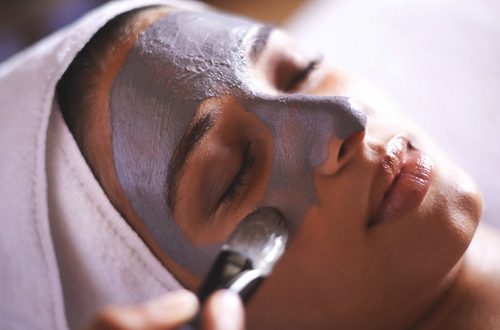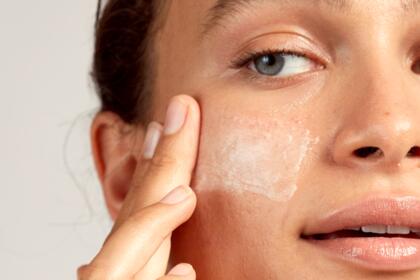
Importance of Minerals on your skin
Often we confuse vitamins, minerals and carbohydrates and consider that all are the same and their functions are also the same. However, in reality, vitamins, minerals and carbohydrates are three very different concepts each one has. Vitamins and minerals, however, come under the same category called nutrients. Nutrients are very essential to furnish skin and body with the required health and immunity.
Here in this article, we will talk about minerals and their importance. Minerals play a very significant role to increase skin health and helping to provide young and nourished skin. Minerals are the secret ingredients that skincare companies add to their products to make these products effective and efficient.
Which minerals are important for the skin?
Magnesium has been proven for many years as an ingredient in skin ointments. This mineral has an anti-inflammatory, healing and disinfecting effect. Ingested through the diet, it helps maintain healthy skin, inside and out. It is involved in all the body’s development, growth and renewal processes. In addition, vitamins C and E help protect cells from oxidative stress. Magnesium based sunscreen finds its applications in a wide variety of areas. The acne, rosacea or even eczema can be treated with magnesium creams. It is even observed a reduction in wrinkles after the application of these sunscreens.
Calcium is also one of the minerals that can be found in many skincare products. Calcium not only helps the bones but also is a sought after ingredient for its healing properties on the skin.
Silica is another mineral that can be applied to the skin through skincare products. Silica helps to increase the collagen production on the skin that helps to provide supple and elastic skin.
Other factors for the beauty of the skin: fatty acids, vegetable substances and water
Omega-3 and omega-6 fatty acids are some of the essential fatty acids that our body absorbs from food. The omega-3 fatty acids, docosahexaenoic acid (DHA) and eicosapentaenoic acid (EPA) are especially important, as is the omega-6 fatty acid, gamma-linolenic acid (GLA). They are all part of the components of the cell membranes of cells in the body. A deficiency in these fatty acids manifests itself, among other things, by skin eczema and disturbances in the detection of stimuli by the skin Products containing omega fatty acids nourish your skin. Used in creams, they hydrate the skin and make it more resistant to polluting substances. Omega-3 fatty acids are mostly found in fish, while gamma-linolenic acid is found in special oils like evening primrose oil or borage seed oil.
It is integral for everyone to take as many precautions while eating as many you take when applying products to your skin. Healthy eating habits will show their effect on the skin. The skin will get more clear, clean and have a glowy effect.




